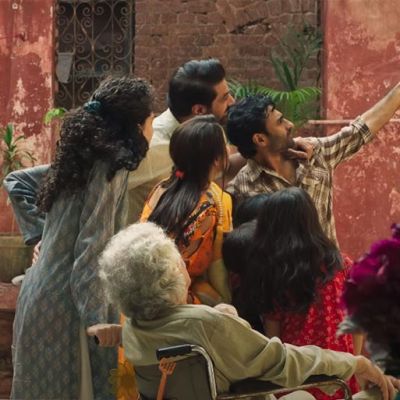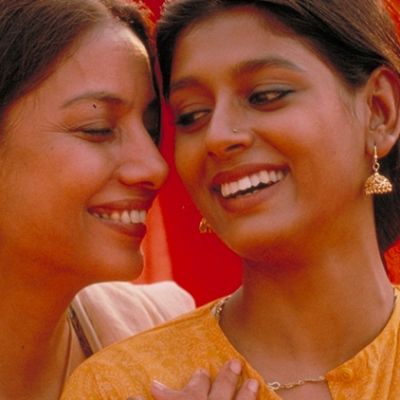queer representation
Apart from the masculinity portrayed in commercial films with heterosexual tropes, Bollywood has produced movies portraying distorted female masculinity.
The relationships that are portrayed in queer media also often transcend all attempts at categorisation, but are still undeniably queer – as are the characters whose inescapable push-and-pull, to their audience, often becomes the plot itself.
Despite the progress made, Hindi cinema still faces challenges in accurately representing the diversity of LGBTQ+ experiences. Critiques have been raised regarding the tendency to prioritize cisgender, upper-class narratives.
Directed by Saim Sadiq, Joyland (2022) is not a film about trans rights or women’s rights. It is not even about one specific group or community of people. It is about the whole spectrum of human emotions.
My friend’s son, too, likes wearing tutus and frilly skirts. Every time they go shopping for clothes, he heads to the girl’s section and picks out the frilliest outfit. At check out, invariably the cashier asks if the pretty outfit is for his sister and he confidently says it is for him. Often he wears these outfits to school. His confidence comes from his mother’s acceptance of him and her understanding of his gender expansiveness. It helps that she is a sociologist, but there is a constant pushback from society including from his peers at school who bully the little boy. But it is the constant support from his mother and family that allows him to remain confident and thrive whilst being different.
Of course, one needs to acknowledge that this word did not magically turn up in the vocabularies of the ‘good girls from good families’ that came to a convent school to learn ‘good things’ everyday. The extensively gendered environment which promised to manufacture highly-marriageable ‘young ladies’, aided by the insistence of middle-aged spiteful teachers to absolutely destroy any kind of existence that does not constantly bow it’s pretty, two-plaited head to the heteronormative male gaze, created a suffocatingly toxic atmosphere.
1. A Certain Type of Life since the age of 16 I idealised a certain type of life involving certain…
When Deepa Mehta’s Fire came out in 1996, violent protests roiled India over the depiction of romance between two female leads. There is no homosexuality in India, demonstrators declared while burning effigies in the Capital. In contrast, when Margarita With A Straw came out in 2014, it received accolades for its sensitive portrayal of queer desire in a woman with disability.








